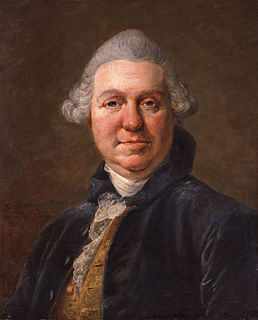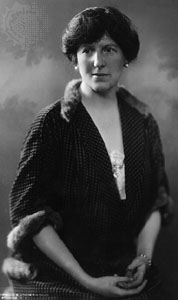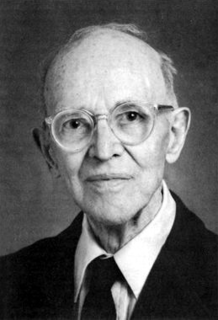A Quote by Samuel Johnson
He is not only dull himself, but the cause of dulness in others.
Related Quotes
No one has ever explained why it is that parents and guardians consider dull people such safe matrimonial investments for their young charges. Even granting the unsound assumption that dull people are more apt to be content with their own matrimonial fetters, they are certainly more apt to be the cause of discontent in others.
God thus excludes the world; he is only its cause; in no sense is he effect, of himself or anything else. Pantheism (better, "pandeism," for again it is not really the theos that is described) means that God is the integral totality of ordinary cause-effects, and that there, is no super-cause independent of ordinary causes and effects.





































